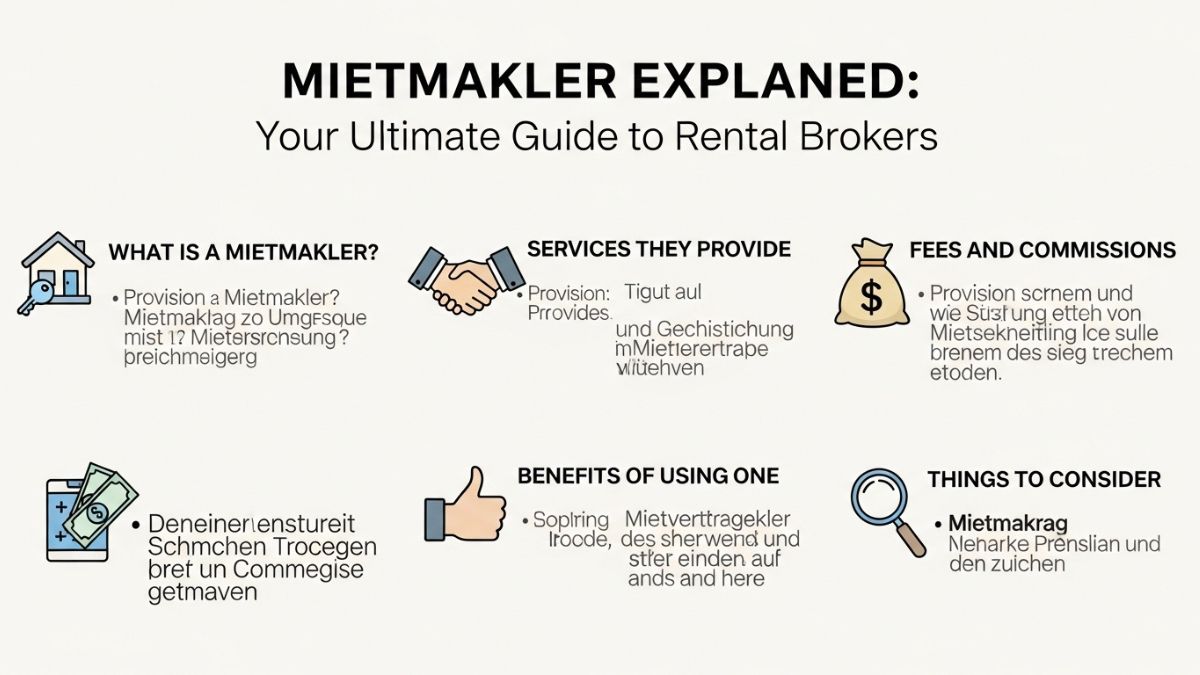In today’s fast-paced and highly regulated industries, maintaining high standards of quality is crucial for ensuring product reliability, customer satisfaction, and regulatory compliance. Technical documentation services are pivotal in quality assurance, serving as the backbone for creating, managing, and controlling documentation that supports the overall quality management system. Providing accurate, comprehensive, and up-to-date information, these services help organizations meet quality standards and improve operational efficiency. We will explore how top-notch technical documentation services contribute to quality assurance, focusing on their importance in compliance, process consistency, and risk management.
Ensuring Compliance Through Accurate Documentation
Technical documentation services are integral to achieving and maintaining regulatory compliance. In many industries, such as pharmaceuticals, automotive, and aerospace, stringent regulations mandate detailed documentation to prove that products meet required safety and performance standards. Accurate and well-maintained documentation is essential for demonstrating compliance during audits and inspections. Technical documentation services ensure that all necessary documents, such as specifications, user manuals, and certification reports, are created and updated according to regulatory requirements. By providing clear and precise documentation, these services help organizations avoid legal issues, fines, and potential product recalls, thus supporting their commitment to regulatory adherence.
Maintaining Process Consistency
Consistency in processes is a key element of quality assurance, and technical documentation services play a crucial role in this regard. Standard operating procedures (SOPs), process workflows, and guidelines ensure that all employees follow the same methods and practices. Technical documentation services help create, maintain, and revise these documents to reflect current practices and standards. Well-documented processes facilitate the training and onboarding of new staff and help identify and correct deviations from established procedures. Organizations can reduce variability, enhance product quality, and improve overall operational efficiency by ensuring that processes are consistently followed.
Enhancing Communication and Collaboration
Effective communication and collaboration among team members are vital for quality assurance, and technical documentation services support these aspects by providing a centralized repository of information. Detailed documentation, including project plans, technical specifications, and design documents, serves as a common reference point for all stakeholders involved in a project. This centralized approach helps align team efforts, reduce misunderstandings, and ensure everyone is on the same page. Furthermore, updated documentation provides a basis for evaluating progress, managing changes, and making informed decisions. By facilitating clear and consistent communication, technical documentation services contribute to a more coordinated and effective quality assurance process.
Supporting Risk Management and Issue Resolution
Technical documentation services are instrumental in managing risks and resolving issues that may arise during product development and production. Comprehensive documentation provides valuable insights into potential risks and issues, such as risk assessments, failure mode effects analyses (FMEAs), and corrective and preventive action (CAPA) reports. By documenting these aspects thoroughly, organizations can proactively identify, analyze, and address risks. Additionally, historical documentation helps understand the root causes of past issues, enabling more effective problem-solving and prevention strategies. Technical documentation services, therefore, play a significant role in enhancing an organization’s ability to manage risks and maintain high-quality standards.
Facilitating Continuous Improvement
Continuous improvement is a fundamental quality management principle; technical documentation services support this by providing a structured approach to documenting and implementing improvements. Change control processes, improvement plans, and performance metrics are documented to track progress and assess the impact of changes. By systematically recording and analyzing data related to process performance and quality metrics, organizations can identify areas for improvement and implement necessary changes. Technical documentation services ensure these improvements are documented, communicated, and integrated into existing processes, supporting ongoing efforts to enhance product quality and operational efficiency.
Streamlining Training and Knowledge Transfer
Training and knowledge transfer are essential to maintaining high-quality standards within an organization. Technical documentation services provide detailed and accessible training materials, such as manuals, guides, and instructional documents. These resources ensure employees have the information they need to perform their tasks accurately and consistently. Well-documented procedures and guidelines are valuable references during training sessions and help reinforce best practices. Additionally, comprehensive documentation supports knowledge transfer by preserving critical information and organizational expertise, ensuring new hires and team members can quickly get up to speed. This enhances the effectiveness of training programs and contributes to the overall consistency and quality of work performed across the organization.
Supporting Audits and Certifications
Audits and certifications validate an organization’s adherence to industry standards and regulations. Technical documentation services are essential in preparing for and successfully navigating these processes. Well-organized and readily accessible documentation, such as quality manuals, audit trails, and compliance records, is crucial for demonstrating conformity to auditors and certifying bodies. Technical documentation services ensure that all required documents are complete, accurate, and up-to-date, facilitating a smooth audit process and helping in achieving and maintaining certifications. By providing thorough documentation that supports compliance and quality management practices, these services help organizations build trust with stakeholders, enhance their credibility, and ensure that they meet the rigorous standards set by various certification organizations.
Technical documentation services are indispensable to quality assurance, offering significant support in compliance, process consistency, communication, risk management, and continuous improvement. Ensuring that documentation is accurate, up-to-date, and comprehensive, these services help organizations meet regulatory requirements, maintain high standards, and drive operational excellence. As industries continue to evolve and face new challenges, the role of technical documentation in supporting quality assurance will remain crucial. Effective documentation practices will continue to be a cornerstone of successful quality management systems, enabling organizations to deliver high-quality products and services while meeting the demands of an ever-changing market.















